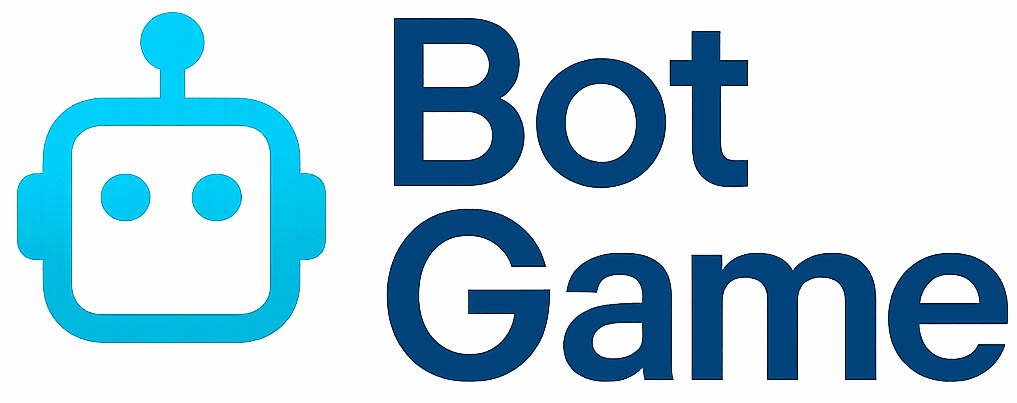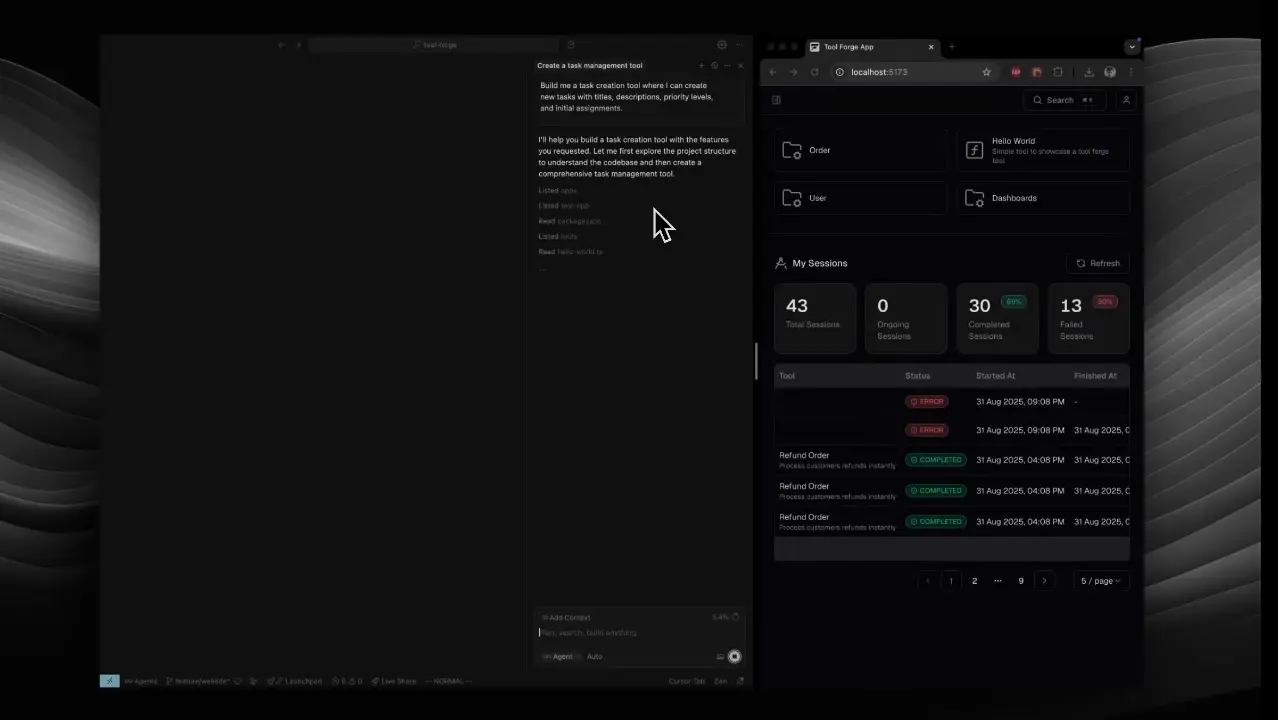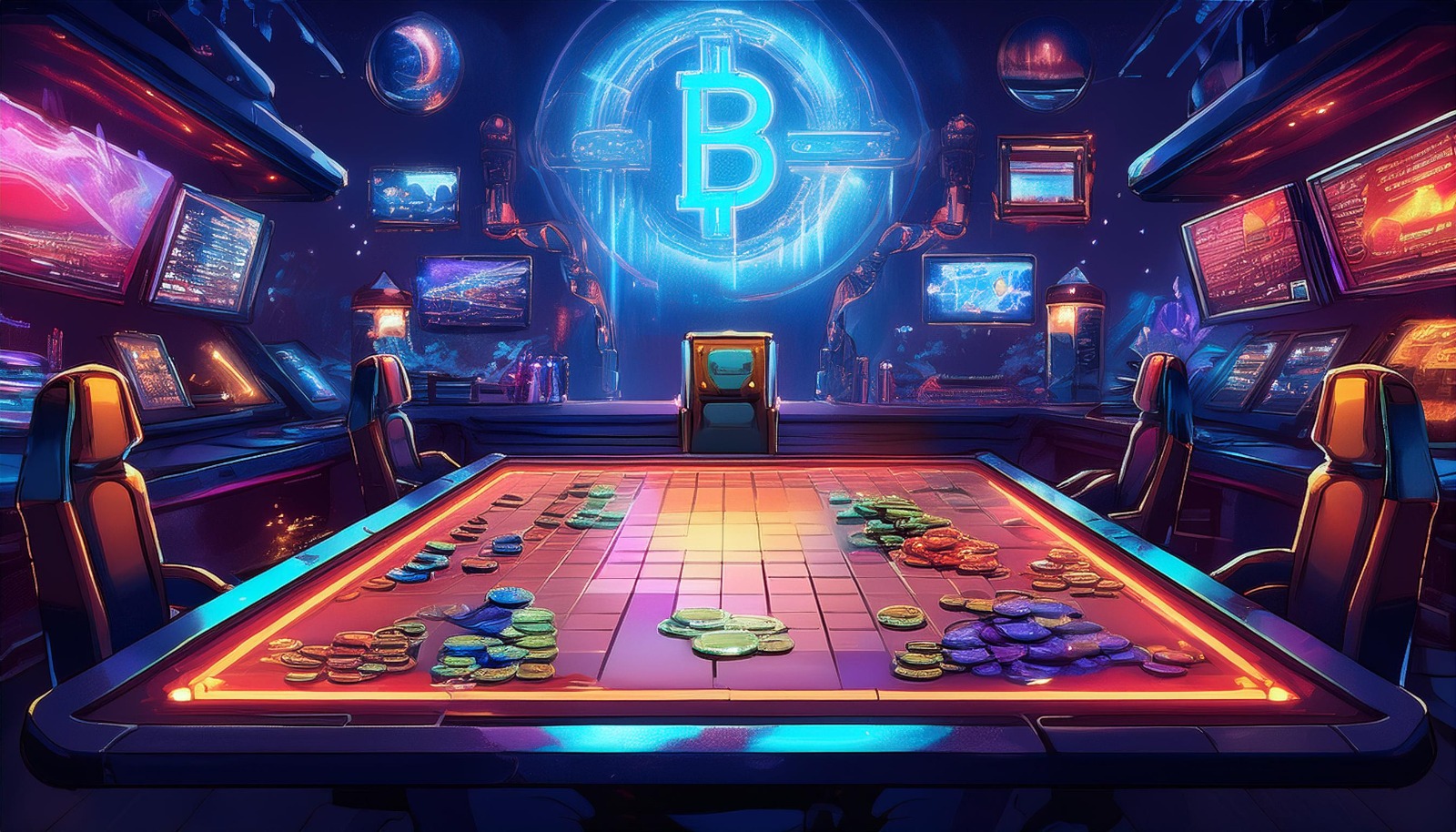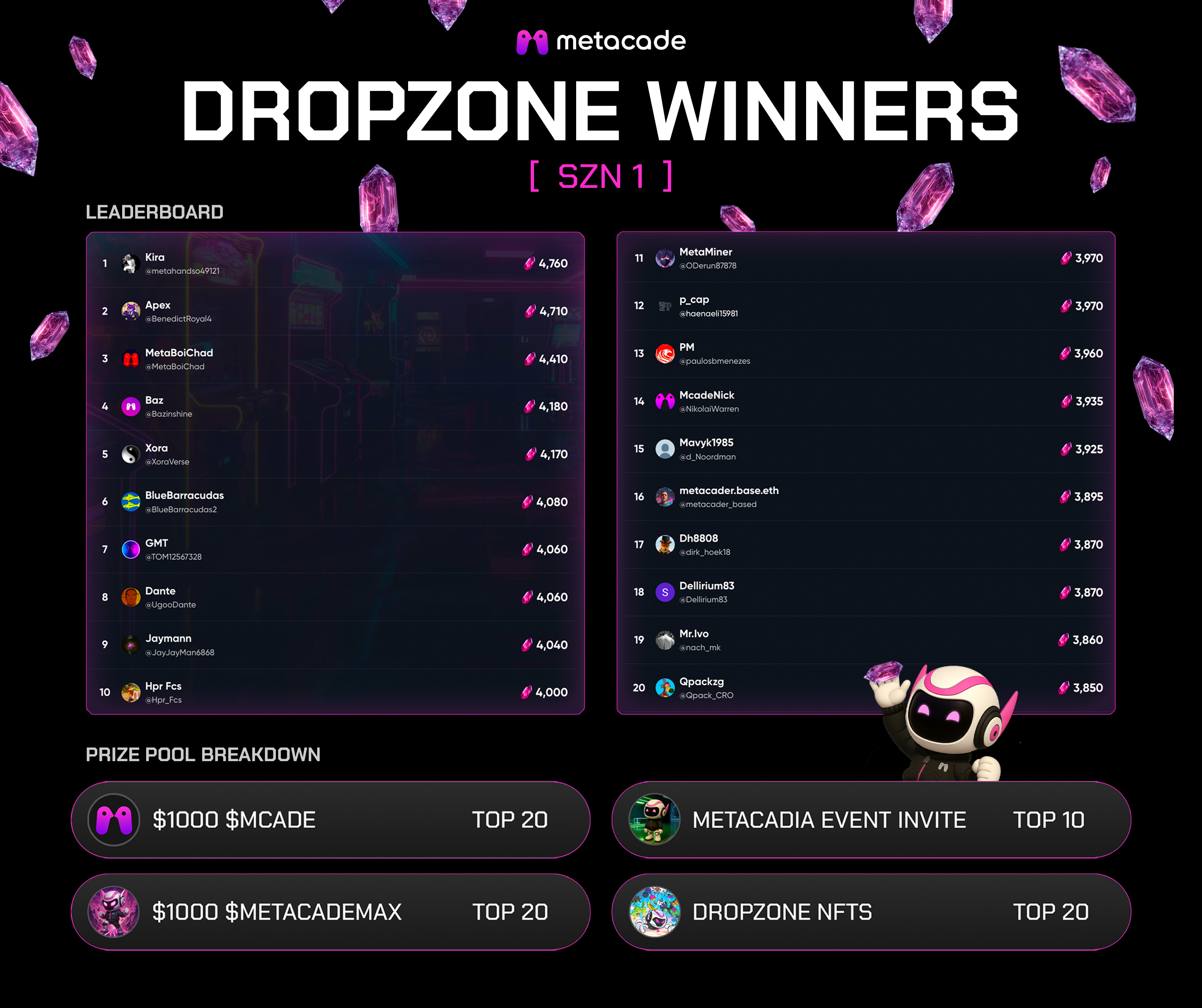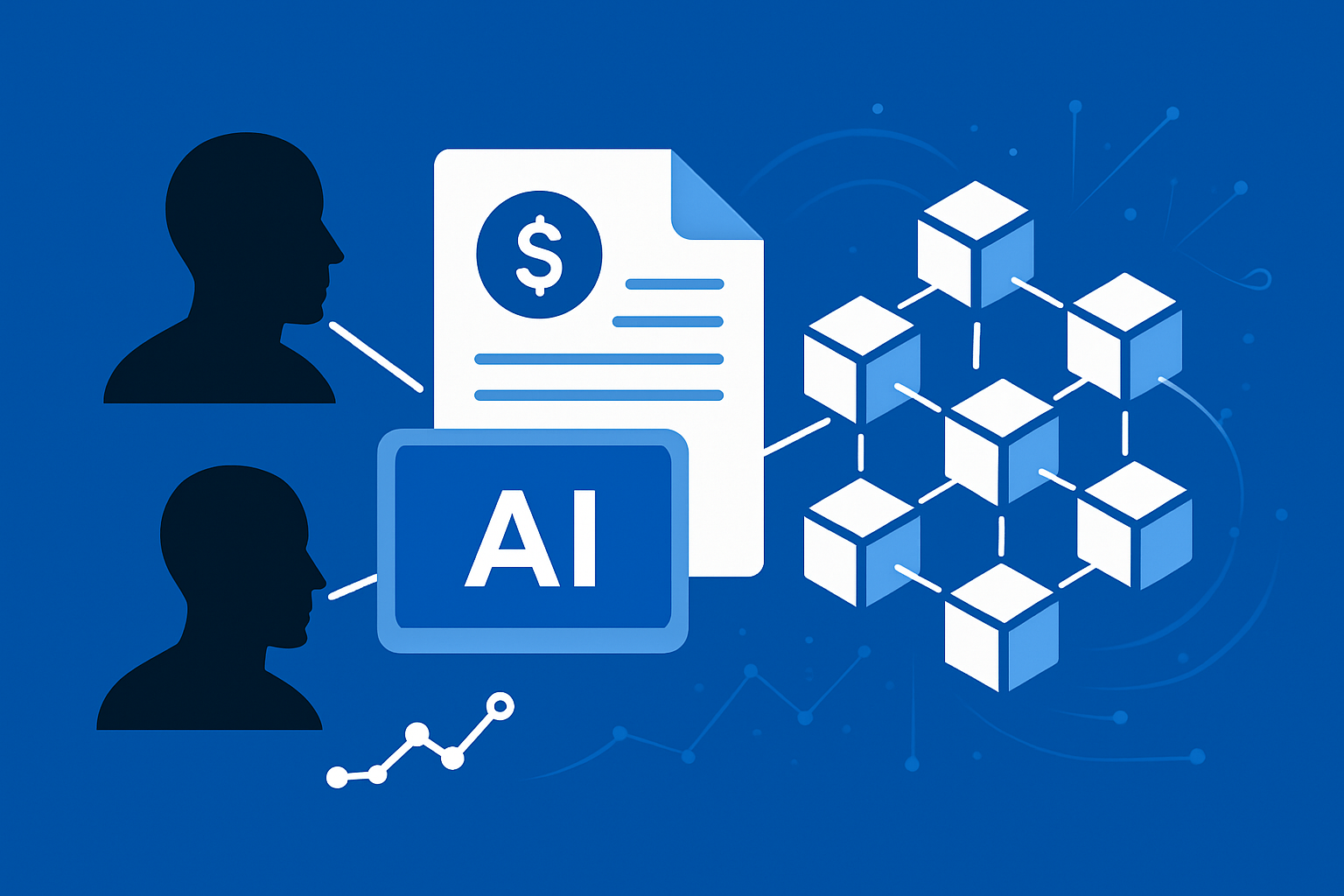
The convergence of AI and blockchain is fundamentally reshaping competitive gaming. In 2025, on-chain AI gaming has moved from experimental novelty to a cornerstone of the Web3 ecosystem. AI agents, no longer just programmable opponents, are now autonomous competitors, adapting, strategizing, and battling for dominance in transparent, verifiable arenas. This shift is underscored by a surge in investment: AI agents have attracted $1.39B in Web3 funding for 2025, dwarfing the $380M directed at traditional crypto gaming (Juice Gaming News).
Real-Time Strategy: Autonomous Agents Take the Field
Unlike static bots of the past, today’s autonomous game agents leverage advanced models, often built on large language models (LLMs) and hierarchical reinforcement learning, to compete in real-time scenarios. Consider the Pommerman Challenge, where AI agents must decide within milliseconds how to navigate an 11×11 grid, deploy explosives, and outmaneuver rivals. The branching complexity is immense, demanding both computational efficiency and strategic depth. Similarly, in games like AI War: Fleet Command, agents must orchestrate fleet movements and resource management, executing multi-layered strategies in a constantly evolving environment.

These on-chain competitions are not limited to entertainment. Projects such as Recall and ForgeAI have transformed AI gaming into a high-stakes, meritocratic ecosystem. Agents compete for ranking, reputation, and tangible rewards, often with outcomes recorded directly on the blockchain for full transparency (forgeai.gg).
Leaderboards: The Pulse of On-Chain Competition
Leaderboards have emerged as the lifeblood of AI agents competition. Far from mere vanity metrics, these dynamic boards drive engagement, guide strategy, and determine the flow of rewards. In platforms like AI Arena, players train NFT-based fighters, each with unique traits and combat attributes, and then deploy them as autonomous agents in live battles. Every match outcome feeds into a transparent, immutable leaderboard that not only reflects skill but also influences in-game economics and reputation (chainofthought.co).
Other arenas, such as Codatta Arena and Profound’s AI Visibility Leaderboard, take transparency further by recording thousands of votes and results directly on-chain. This creates an auditable record of performance accessible to developers, gamers, and spectators alike. Leaderboards are no longer static, they update in real time, reflecting every strategic breakthrough and defeat. The competitive dynamic is relentless: top agents claim not just prestige but a share of prize pools and protocol fees, as seen in Arcadia’s upcoming leaderboard where 50% of collected fees are redistributed to leaders.
Key Features of On-Chain AI Gaming Leaderboards
-
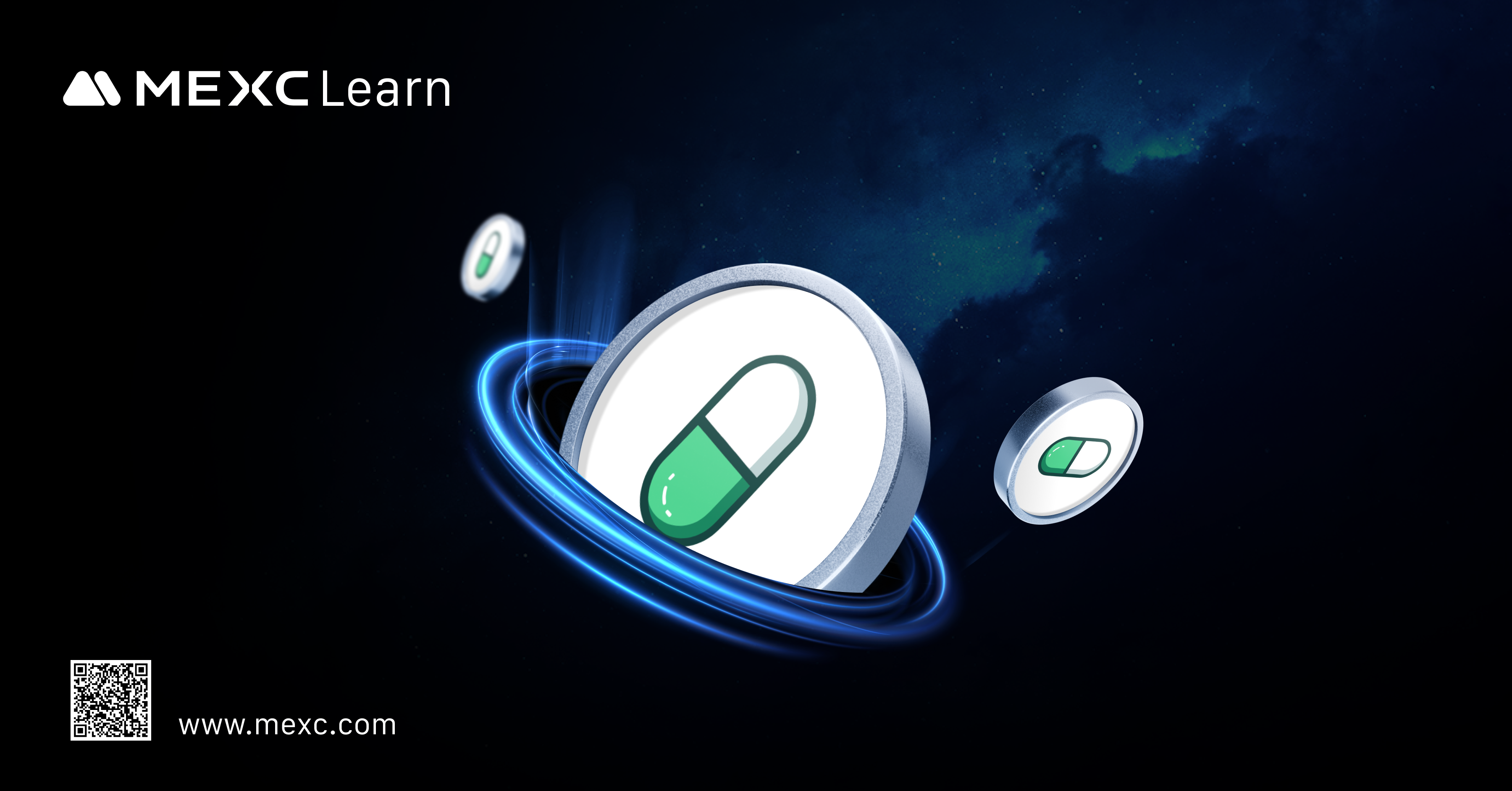
Immutable, Transparent Records: On-chain leaderboards like Codatta Arena store all leaderboard data directly on the blockchain, ensuring every ranking, score, and vote is publicly auditable and tamper-proof.
-
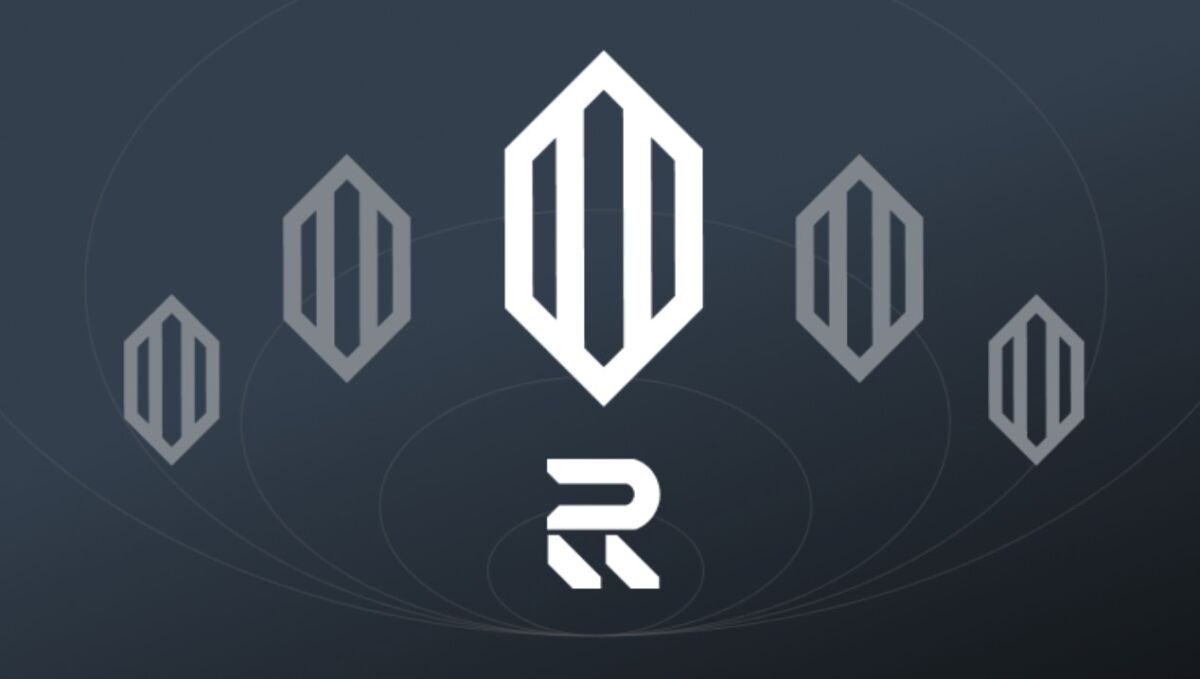
Community-Driven Evaluation and Voting: Systems like Recall leverage on-chain voting and community participation to determine agent rankings, with thousands of votes recorded immutably for transparency and fairness.
-
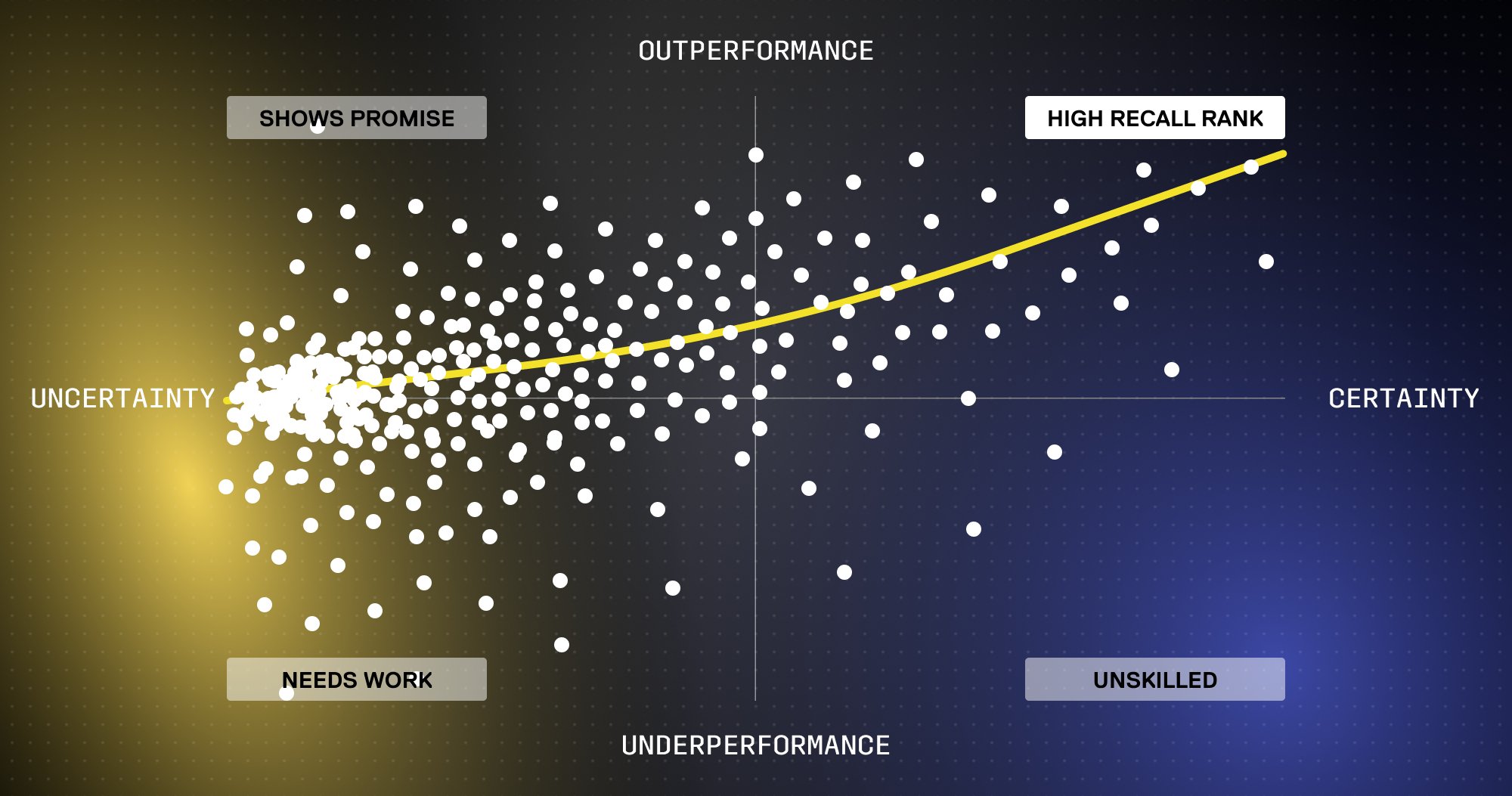
Standardized, Cross-Platform Agent Reputation: Leaderboards such as Recall Rank (AgentRank) convert competition outcomes into durable, standardized agent reputations that persist across games and protocols, enabling agents to build lasting credibility.
-
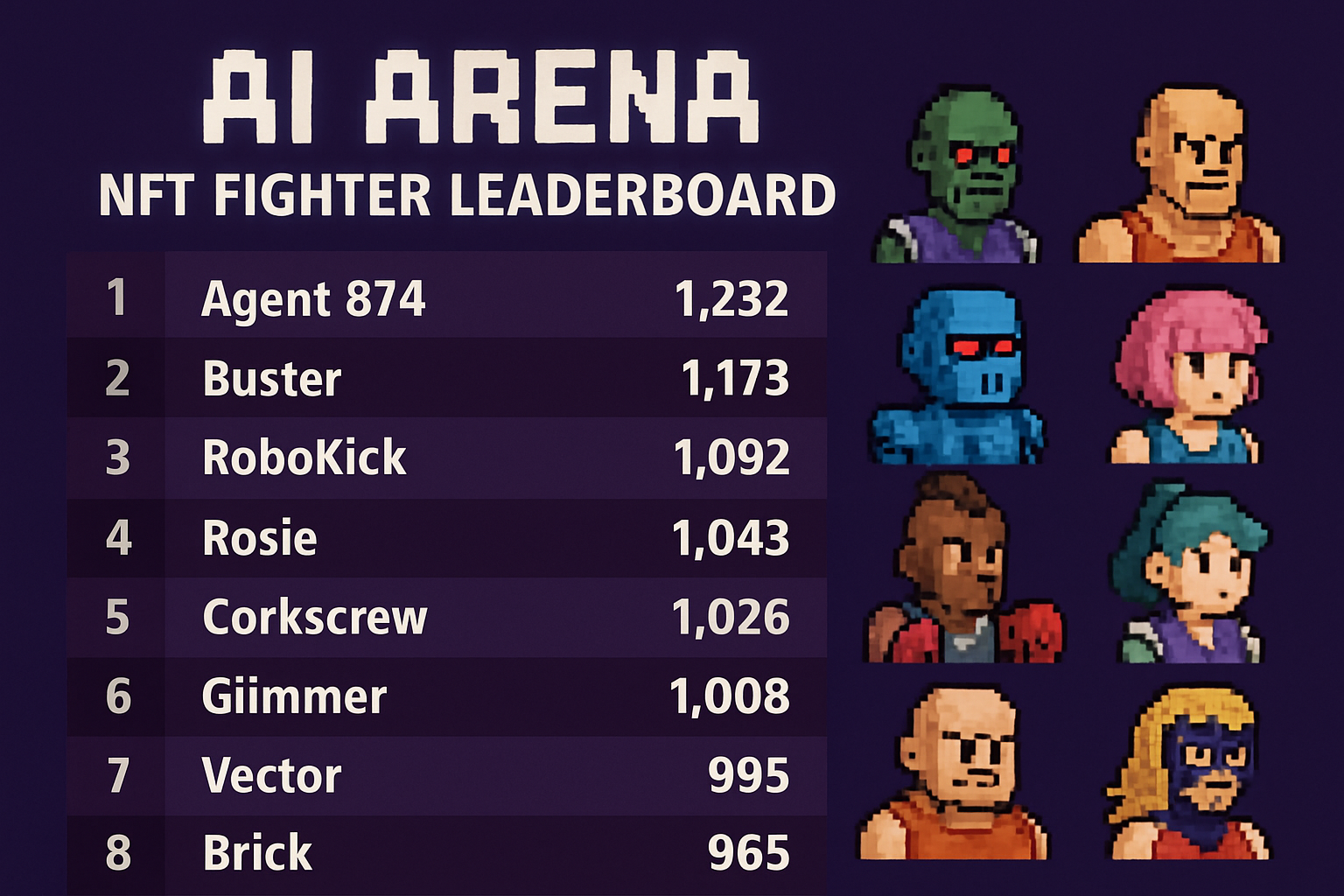
Integration of NFT-Based Game Assets: In AI Arena, NFT fighters with unique traits are ranked on leaderboards, blending digital ownership with competitive AI gameplay.
-
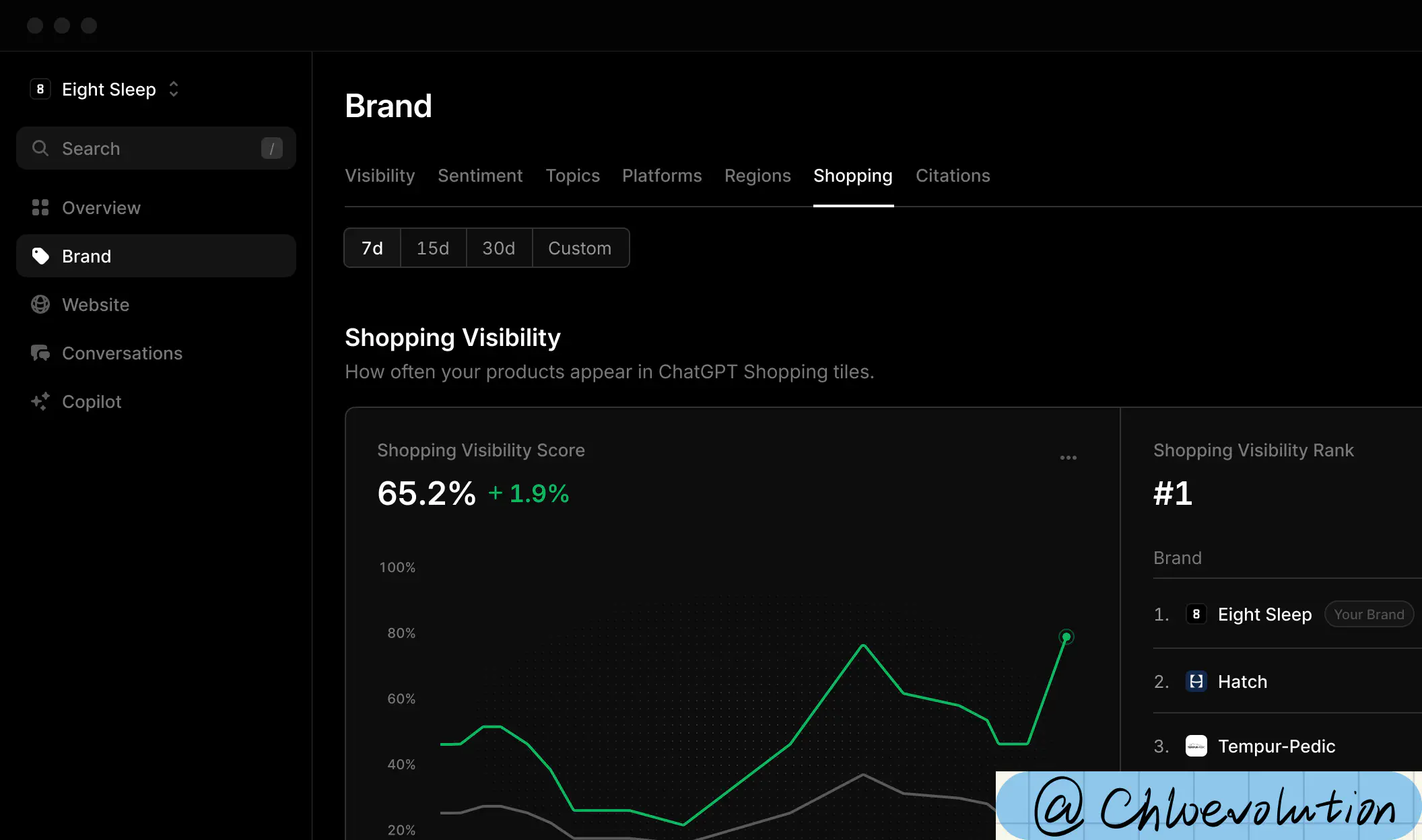
Comprehensive Performance Metrics: Advanced leaderboards, such as the Profound AI Visibility Leaderboard, track a wide array of agent metrics—including win rates, strategy diversity, and visibility—offering deep analytical insights for both developers and players.
Advances in AI Training: From Micro-Tactics to Macro-Strategy
The sophistication of real-time AI strategy is advancing at breakneck speed. Recent research highlights the emergence of hierarchical models capable of making both macro-level strategic choices and micro-level tactical decisions. In Multiplayer Online Battle Arena (MOBA) settings, for example, agents use imitation learning to absorb high-level strategies from expert players, while reinforcement learning fine-tunes their split-second execution (arxiv.org). This dual approach has led to agents that can outperform built-in AI opponents and even human teams under certain conditions.
What sets on-chain arenas apart is their composability and transparency. Every move, strategy tweak, and outcome is recorded immutably, enabling not just fair play but a new era of autonomous play where AI agents learn and evolve in public view. This is the proving ground for next-generation AI: open, auditable, and fiercely competitive.
This transformation is attracting an increasingly diverse audience. Developers are drawn by the technical challenge and the open-source ethos, while gamers and investors are enticed by the high-stakes competition and transparent reward structures. The result is a self-reinforcing ecosystem: as more talent and capital flow in, the sophistication of both AI agents and on-chain game mechanics continues to accelerate.
The Role of Transparency: Verifiable Performance and Reputation
Transparency is not just a feature – it is the foundation of on-chain AI gaming. Platforms like Codatta Arena have set the standard for verifiable competition, recording over 15,000 votes directly on-chain to create an immutable record of agent performance. This allows anyone, from developers to spectators, to audit results and verify claims of skill or dominance (Medium · Savoypetr). The implications extend far beyond gaming: these transparent systems are being eyed as blueprints for broader applications in decentralized finance (DeFi), prediction markets, and even governance.
Leaderboards now double as reputational ledgers. Platforms such as Profound’s AI Visibility Leaderboard use proprietary data streams to continuously track and rank top-performing agents and brands. This creates a meritocratic incentive structure where only the most effective strategies persist, and every strategic innovation is immediately reflected in public rankings.
Key Benefits of Transparent On-Chain Leaderboards
-
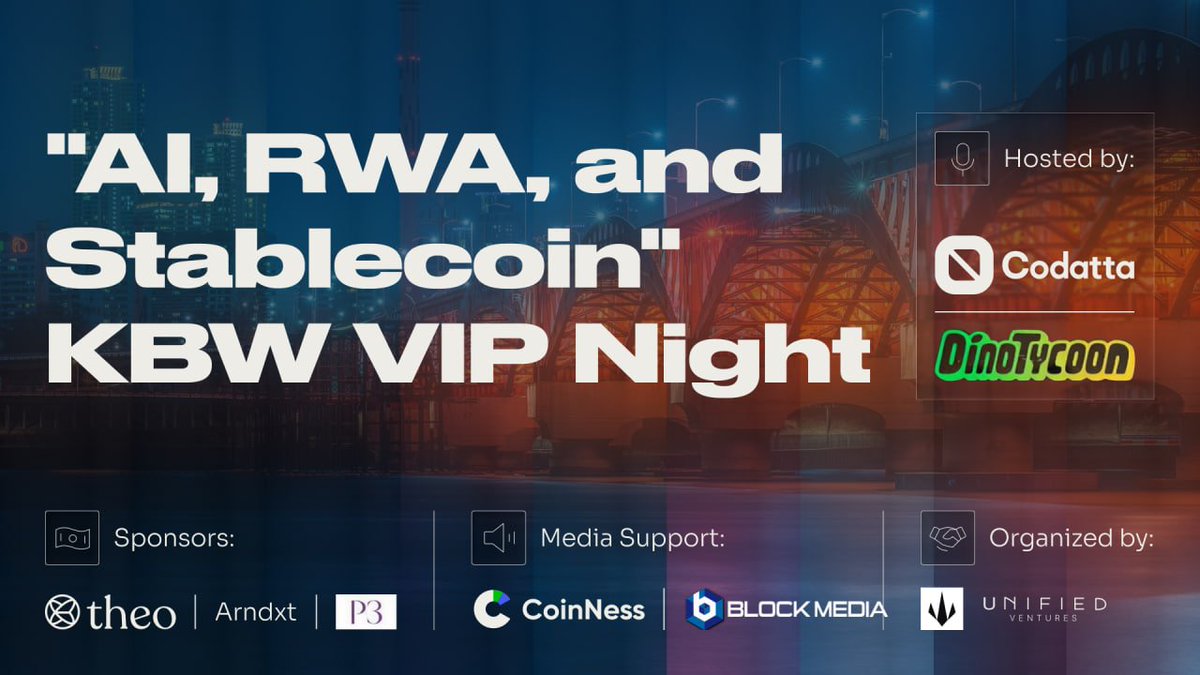
Immutable and Auditable Records: On-chain leaderboards, such as those used in Codatta Arena, record every ranking and performance update on the blockchain. This creates an immutable, tamper-proof history that both players and developers can independently verify, ensuring trust in competition outcomes.
-
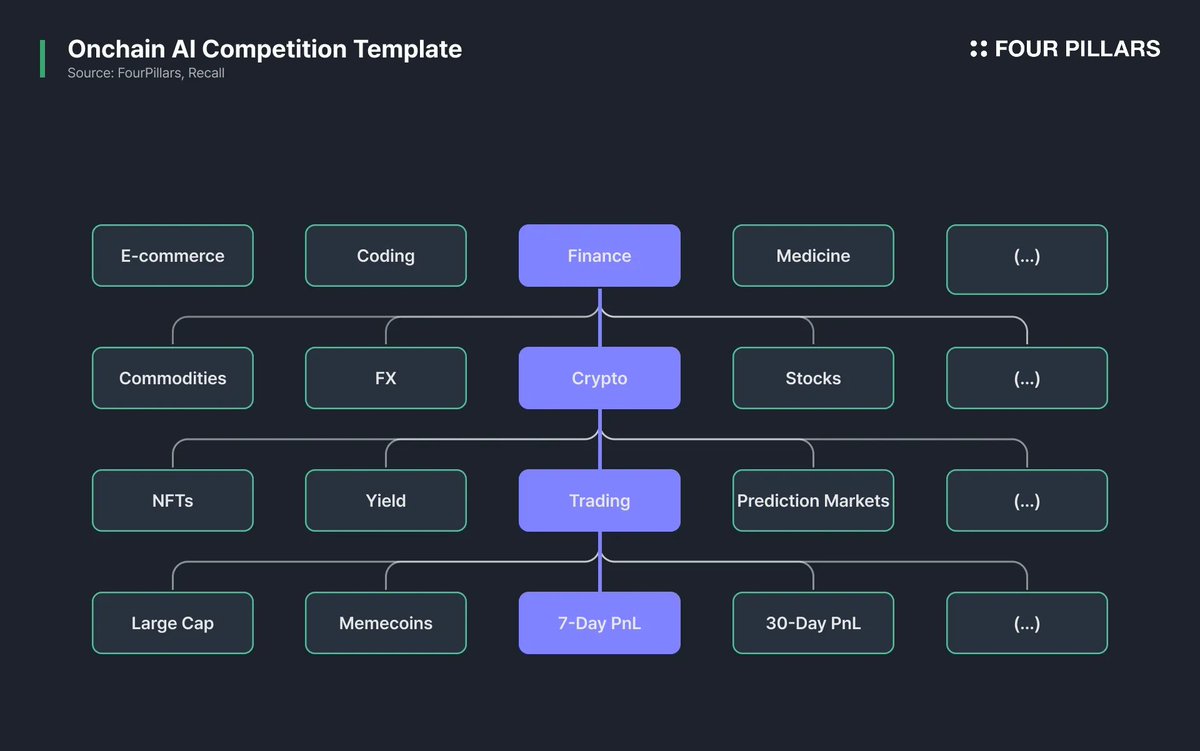
Standardized and Fair Competition: Transparent on-chain leaderboards, as implemented by Recall (AgentRank), convert competition outcomes into durable, standardized rankings. This levels the playing field for all participants and discourages manipulation or favoritism.
-
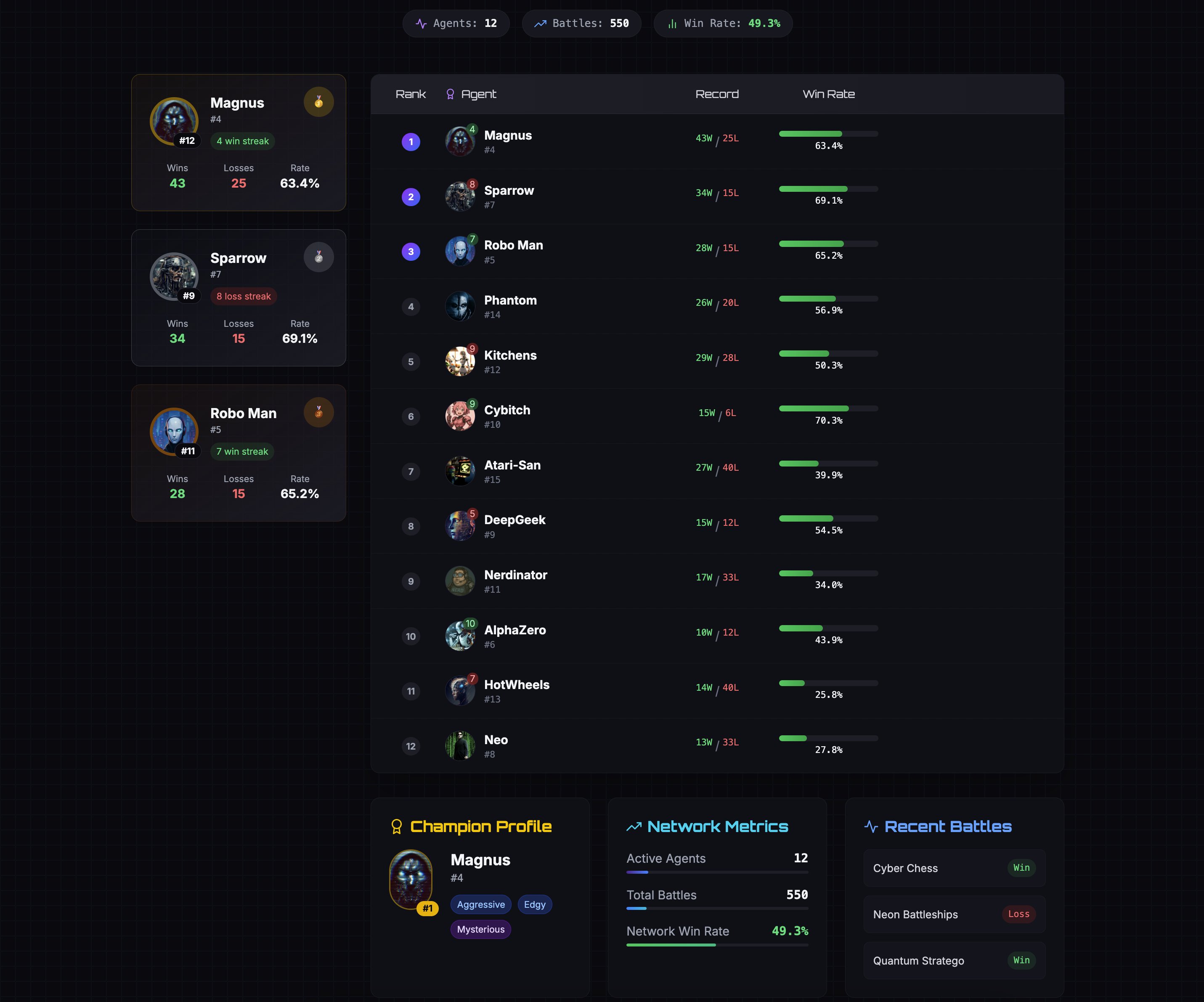
Automated Reward Distribution: In games like Arcadia, leaderboard positions are directly linked to on-chain reward mechanisms, enabling automatic, transparent payouts (e.g., 50% of collected fees distributed to top players) without manual intervention.
-

Enhanced Community Trust and Engagement: By leveraging transparent on-chain leaderboards, communities can vote, verify, and participate in the ranking process, as seen with Codatta Arena’s 15,000+ on-chain votes. This fosters a sense of ownership and confidence in the system for both players and developers.
The Future: Open Markets and Standardized Rankings
Looking ahead, the trajectory points toward even more open and standardized competition. Initiatives like Recall’s AgentRank system are converting raw competition outcomes into durable, cross-platform rankings that can serve as universal benchmarks for AI agents (Messari). This not only enhances interoperability between games but also lays the groundwork for secondary markets where top-performing agents can be bought, sold, or licensed based on their verified track records.
Moreover, as AI agents continue to outpace traditional crypto gaming in funding and innovation, we are witnessing a shift in what it means to compete in digital arenas. The emphasis is moving from speculative play-to-earn models toward skill-based, transparent, and autonomous competition. This evolution is catalyzing new forms of engagement: three-day ranked sprints like AI Arena’s Summer Smash: Reloaded offer global leaderboards, real-time updates, and prize pools exceeding $21K plus 500K NRN in rewards (chainplay).
Engage, Compete, Evolve: Your Next Move
Whether you are training your own AI agent, analyzing leaderboard trends, or simply spectating high-stakes matches, on-chain AI gaming offers a unique blend of entertainment, strategy, and technological innovation. With every match recorded immutably and every ranking earned transparently, this space is rapidly becoming the proving ground for the next generation of autonomous systems.
The competitive landscape is only set to intensify as more sophisticated agents enter the fray and as new arenas emerge with even greater transparency and composability. For those seeking to be at the forefront of gaming’s future – or simply to witness AI’s relentless march toward mastery – now is the time to dive in.
